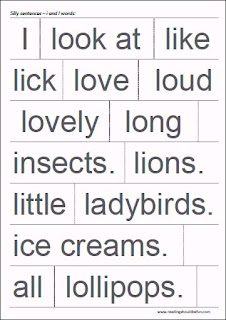Because learning to read is seen as such a fundamental and vital skill, children who don't manage it easily can become very discouraged and can lose faith in themselves.
No matter how we try to discourage comparison and competition, children who are falling behind with reading are usually very aware of their 'failing'.
It's really important to highlight the other areas in which they are strong. Whether they have skills at sports, in art or music, in construction and invention, have wide general knowledge, or are 'just' caring and kind people, we should be encouraging their self-esteem by focusing on these positive attributes rather than just the areas in which they struggle.
It's also important for children to see that other people are not perfect, that others have areas in which success is more difficult, and that it's normal. It's very easy for a child whose school work is blighted by reading difficulty to feel that they are 'dumb' and that everyone else is OK.
Adults can help by focusing on and encouraging the effort that everyone makes in whatever area is a challenge, rather than just on achievements. They can also show that adults are not perfect and that they are always learning and making mistakes - and that it's OK. Teachers, parents and other 'mentors' can have a very positive effect by showing that they are relaxed about making mistakes (and even letting children correct them)!
You are welcome to print off the posters here to encourage your learners; there are 'colour-in' versions below if you have children who like colouring. Click on the poster to open the .PDF to print.









